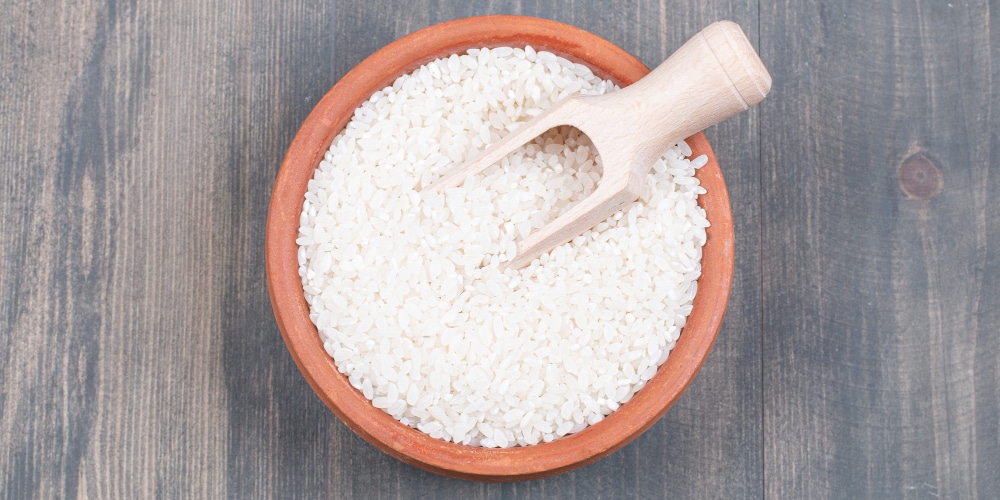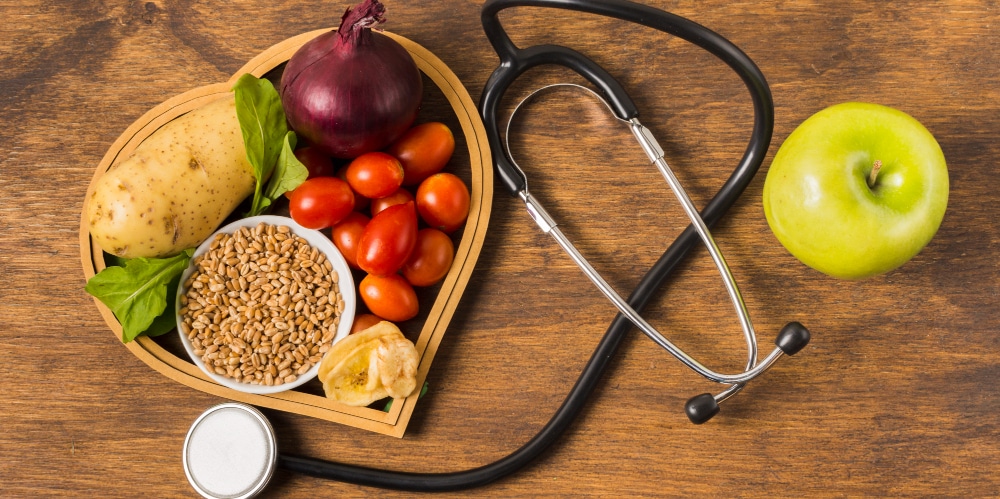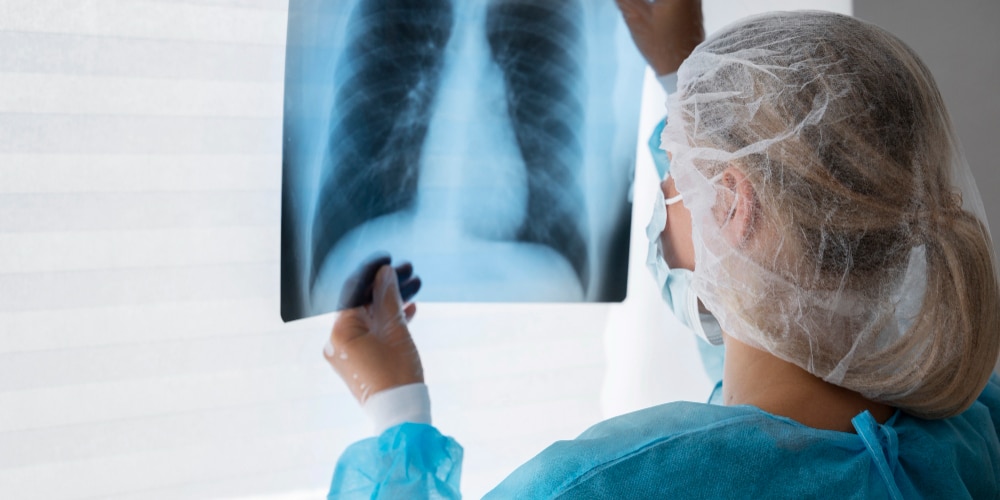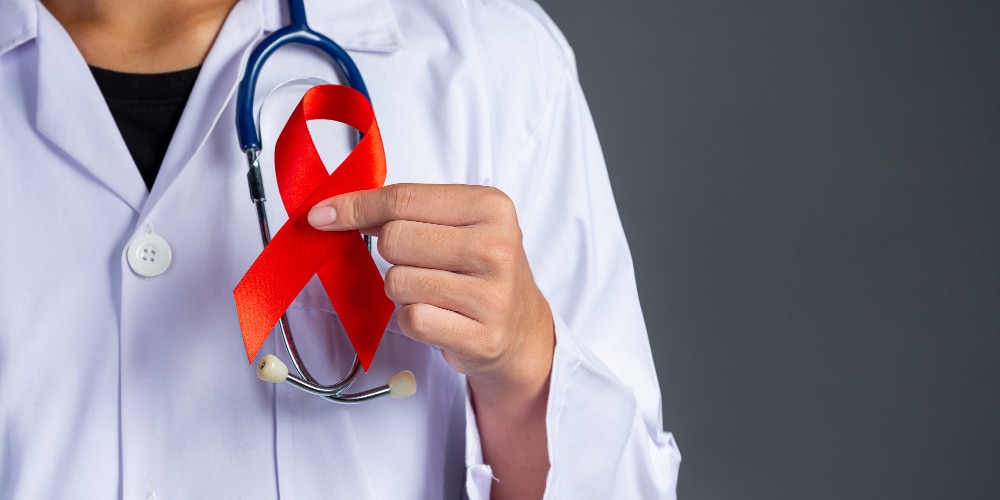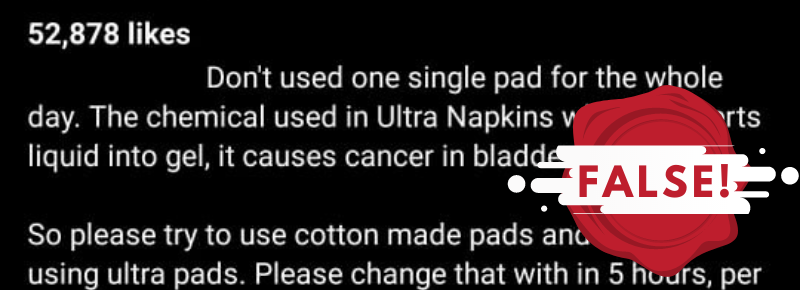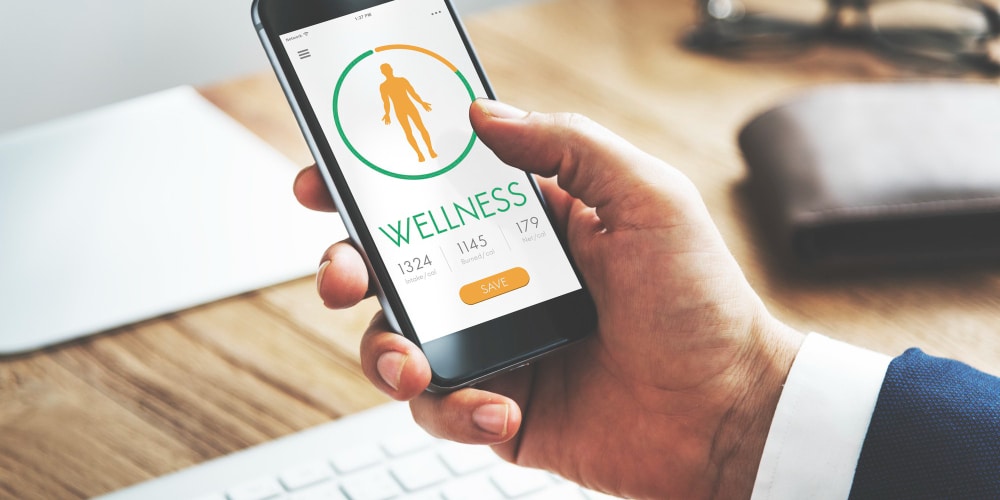Latest
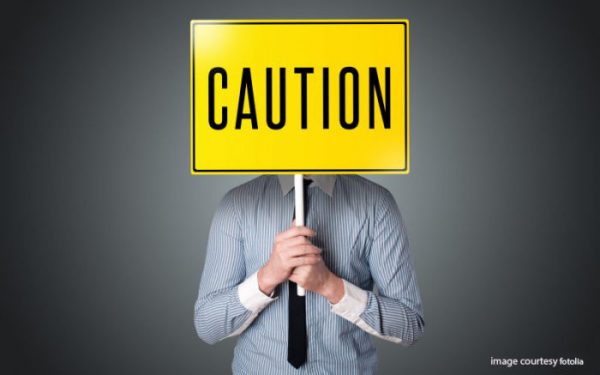
Author
Fraudsters in Asia are sending out fake texts, offering a Covid vaccine or registration for the vaccine in an attempt to steal personal and financial information.
By Nabeela Khan
At a time, when vaccines are being rolled out all around the world, people are eager to receive vaccines. But the process of vaccinating millions of people takes time, and the vaccine supply needs to catch up with the demand. However, with the limited availability of the Covid-19 vaccine, scammers are promising early access to vaccines – at a price, of course.
There are confusions about vaccination drives in many countries – Who will get vaccinated first? When will I get my jab? etc. are questions on everyone’s mind. With these kinds of questions, worry is unavoidable. Dr. Ahmed Firdaus, Public Health Medical Officer at Malaysia’s Ministry of Health and founder of Medical Mythbusters Malaysia explained, “Scammers prey on the desire to obtain the vaccines and the panic surrounding Covid-19.”
“It is important to understand that vaccines are not produced as a standalone product and are not marketed in individual or single-dose containers and delivery of vaccines are in batches” he added. So, it is vital to know “that delivery of vaccines is in batches”
Apart from money, these vaccine scams also ask for personal data, information, bank account details, etc. We at First check explore how such scams in Asian countries are growing in the midst of vaccine rollouts all around.
Stealing of personal data
In Singapore, text messages – allegedly from a pharmaceutical company approved to provide the Covid-19 vaccine, asks recipients to click on a link or make a phone call to schedule appointments for vaccination. Clicking on such links often can potentially mirror phones and financial transactions can be accessed, many a time, since they may ask for personal details via forms, etc.
At a time when Singapore kicked off its nationwide vaccination drive and sent out text-message invites to those who are eligible to register for the vaccination, such scams can potentially cause harm through misleading information. The Ministry of Health, through a notice on 7th January, asked people to be wary of such scams.
In India, scam artists are cold calling people for money and personal data on the pretext of registration for the COVID-19 vaccine. They are calling up people and asking for Aadhar card number (social security number) and bank details. Some phone calls offered a ‘pay and register’ scheme to people in the name of registration for the vaccine.
Similarly, a WhatsApp forward claiming that a corona vaccine has been launched in India and people have to register for it by downloading a ‘vaccine app’ is fake. This WhatsApp message was being forwarded in November 2020 and was fact-checked by the Press Information Bureau of India.

Appeal for money through appointment/registration
A website, impersonating the Indian government’s Ministry of Health and Family Welfare website, is claiming to offer Covid-19 vaccine for Rs 4000-6000. The webpage even mentions the number of people vaccinated so far, but it is a fake website.

Fake vaccines
In March 2020, WHO issued a warning about unregistered websites, “Unregulated websites supplying medicines and/or vaccines, particularly those concealing their physical address or landline telephone number, are frequently the source of unlicensed, substandard and falsified medical products.”
In a related incident in China, Chinese police have arrested more than 80 suspected members of a criminal group that was manufacturing and selling fake COVID-19 vaccines, including to other countries according to reports. This group had been active since September 2020 according to state media. In response, China has reformed vaccine safety regulations and has also increased criminal penalties.
Social Media:
Social media is usually used for amplifying misinformation, giving rise to scams and misleading advice. While scammers are pushing people to fall into the trap of fake vaccines or registration for vaccination, there is an entire world of anti-vaxxers who are taking equal advantage to discourage vaccination drives.
In a recent incident, a social media post claiming the South Korean government will provide all citizens with a free Covid-19 vaccine made by pharmaceutical giant Celltrion is false. Celltrion is not developing or producing the Covid-19 vaccine. But the social media post reads, ‘“I called the Ministry of Health and Welfare ten times to ask what type of free vaccines will be given to people. I made calls to them repeatedly, and they finally answered with honesty. “The said free vaccines are not from Pfizer, Moderna, or AstraZeneca. The free ones will be from Celltrion.” A mischievous attempt to cut short vaccination drives as people continue to wait for Celltrion.

Sri Lanka has also been at the receiving end of another kind of vaccine scam. At a time when the island nation is set to kick off its coronavirus vaccination drive, social media posts have emerged that propose herbal remedies instead of the vaccine. The message in Sinhala can be read as “Don’t take the murderous corona vaccine. All those who use the Covid-19 vaccine given by the government will die within a year due to their bodies weakening. This is all part of an attempt to sell Sri Lanka to foreigners” The Sri Lankan Health Promotion Bureau had to issue reassurance that the vaccine is safe.

Not just in Asia, vaccine scams seem to be a global phenomenon. So, what can you do? Always check the health authorities. Stay vigilant and informed. Never share your bank details or personal details on a phone call or text message. Stay wary of clicking on unidentified links or scanning bar codes on mobile phones.
Hopefully, the pandemic is in its tail end. But scams and misleading news are not stopping anytime soon.
